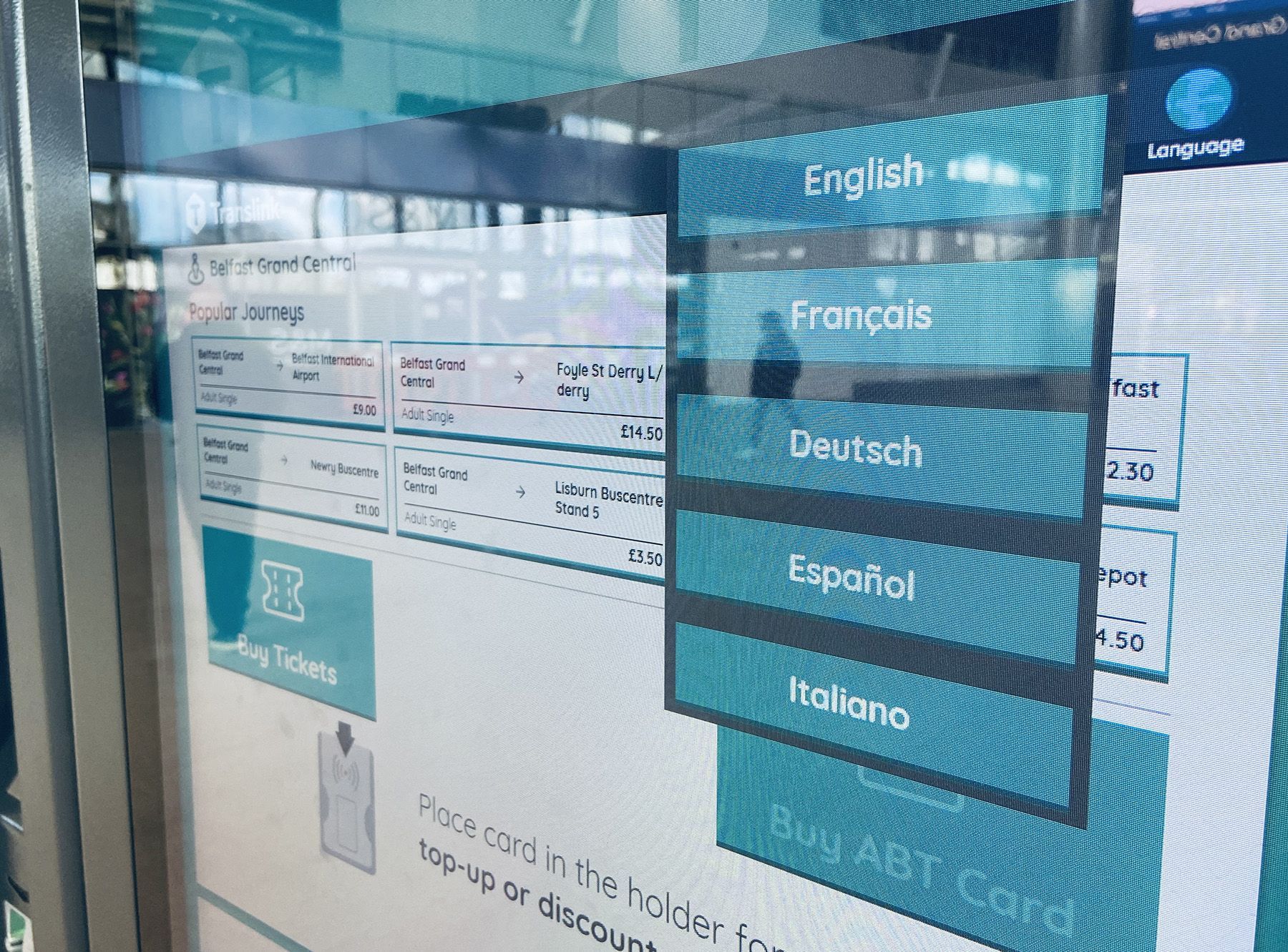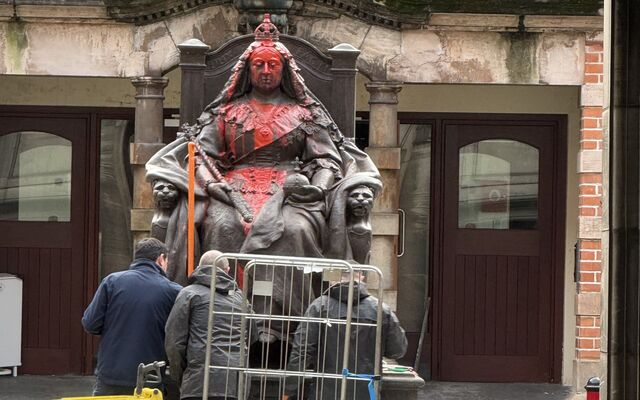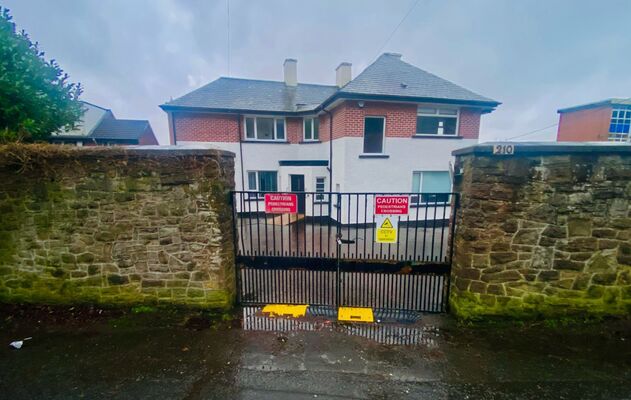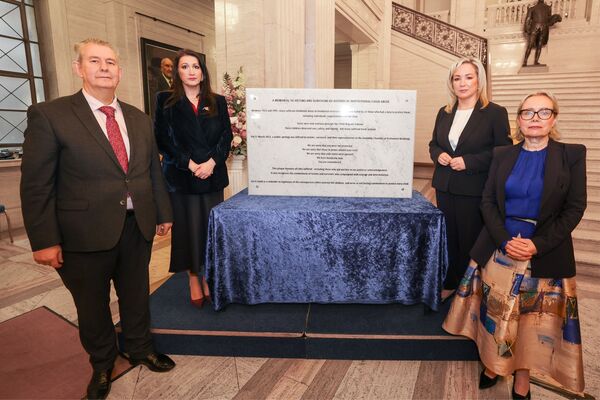THE President of Conradh na Gaeilge has accused the DUP of attempting a rerun of the main unionist party's disastrous axing of the Líofa Gaeltacht bursary scheme.
Stormont folded just weeks after the DUP decision in December 2016 caused an immense wave of anger. And while the political institutions were already racked by the RHI scandal, the DUP Líofa bombshell just days before Christmas is seen as the key event in pushing Stormont from crisis to collapse early in the New Year.
The DUP’s latest attack on the Irish language came as DUP leader Gavin Robinson wrote to party supporters over the weekend promising that DUP Ministers at Stormont intend to “put a marker down” over the decision to install Irish language signs at Belfast’s new Grand Central Station. And while Mr Robinson quickly rowed back from that bullish stance – saying the station signage was not a "crisis" but an example of "bad process" – it's clear the DUP is again intent on acting tough on an issue they see as politically profitable.
Last week, Infrastructure Minister Liz Kimmins announced that Irish language signage is to be erected at the station. Irish language campaigners were highly critical when the station opened in September last year without Irish signage, with activists staging a sit-in just days after the £350 million transport hub officially opened. It is estimated that it will cost £150,000 to erect the new Irish signage.
On Tuesday Translink said work on Irish language signage has stopped “pending potential legal action”. That's thought to be a reference to an attempt by loyalist firebrand Jamie Bryson to seek a judicial review of Minister Kimmins's decision.
No Irish at Grand Central Station in Belfast
Ciarán Mac Giolla Bhéin, President of Conradh na Gaeilge, said the DUP’s “incredibly predictable” opposition to dual-language signage at Grand Central takes us back to “that fateful Líofa decision”.
“Now, as then, the mask has slipped, and we see a DUP that cannot bring themselves to accept the Irish language in our shared spaces," he said. "This is a question of equality – to display the Irish language equally alongside English in a shared public resource along the Gaeltacht Quarter.
“That is in keeping with all major transport hubs across these islands, be it in Cardiff, Glasgow, Dublin, or even Newry, where there has been a decade-long dual-language signage precedent set by Translink and the Department at Newry train station.
“This decision to ensure Grand Central Station is in fact inclusive has been supported by Belfast City Council, Foras na Gaeilge and all of Belfast's Irish language community groups, and is reflective of a phenomenal Irish language revival taking place across the city.”
Mr Mac Giolla Bhéin said the Good Friday Agreement had promised "resolute action" to develop and promote the Irish language.
“This is resolute action in practice and sets a precedent not only for other Translink travel hubs, but for all public institutions, universities and shared spaces. The Irish Language Commissioner's main job will be to ensure each of our government departments and all of our public authorities implement a best-practice Irish language standard. That has been ratified by Westminster, and indeed endorsed by the DUP through the recent appointments process. It's time to get on with it."







